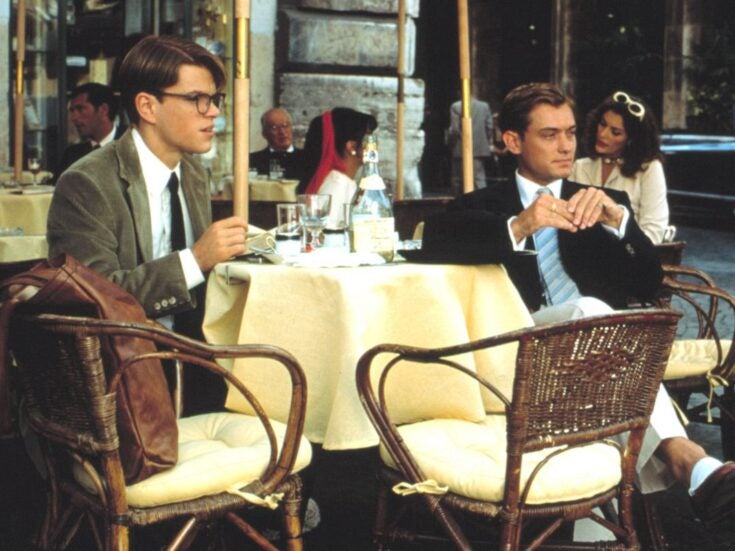The party at Drapers Hall last night to celebrate the 25th anniversary of Big Bang was made cheerful by the reunion of traders who had been on the floor in 1986 when the City ceased open outcry, but it was more like a wake because most felt that the City was a far worse place after Big Bang
by Josh Spero
The party at Drapers Hall last night to celebrate the 25th anniversary of Big Bang was made cheerful by the reunion of traders who had been on the floor in 1986 when the City ceased open outcry, but it was more like a wake because most felt that the City was a far worse place after Big Bang. ‘Big Bang had to happen,’ said EM Clark. ‘Unfortunately.’
As Freddy Barker has written in Spear’s, Big Bang bears a lot of responsibility for our current financial crisis. In allowing broking and dealing firms to merge as one, it put corporate interest above client interest. In its liberalisation, large American investment banks swooped on ancient English stockbrokers and imported their culture; many of the firms on the nametags last night no longer exist.
It brought technology and its hyperspeed, high-volume trading to London. And in its swap of peer regulation for statutory regulation, it wiped out the culture of gentlemanly capitalism which had made the City a familial but responsible club.
Geoff Clarke, who was at Smith Bros in 1986, said: ‘It was much more gentlemanly back then. If you asked the 200 people here now whether they would rather be trading on the floor then or like it is now, they would say back then. It’s no longer “my word is my bond”. That used to mean something.’
Richard Rapazzini, then of Wedd Durlacher, says stockbroking used to be ‘a very pleasurable job – but also very worrying. You had unlimited liability if you were a partner.’ This bred responsibility, he added.
The party was organised by Paul Fellerman, who was an independent stockbroker in 1986, denied that Big Bang was entirely responsible for the financial crisis but went on to admit that it was in large measure: ‘It changed the way in which business was done, obviously, and it’s vastly bigger now because of the influx of capital. It’s a super-charged financial sector now.
‘People inventing products to sell are remunerated by the amount of product they sell. There a lack of alignment between the interests of the practitioners and the customers. If Big Bang hadn’t occurred, we wouldn’t be in the mess we’re now in. But it’s inevitable – it had to happen.’
Barbara, who was a stockbroker in 1986, said that firms would take care of staff: ‘They could afford to carry a bit of dead weight for a bit. It was more like a family. if you went through a bad patch, they would help. Now they just get rid of you.’
There was a certain amount of concession to necessity – if London wanted to avoid being permanently overtaken by American and Continental rivals, Big Bang had to happen – but everyone Spear’s spoke to bemoaned the change it culture it brought.






